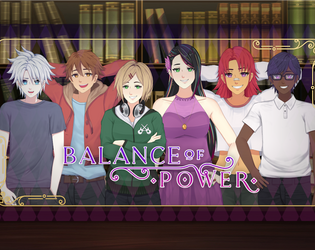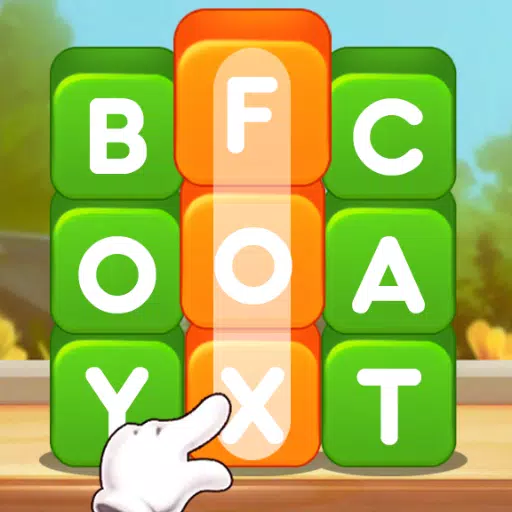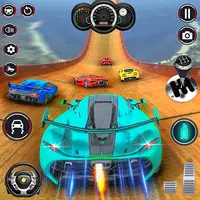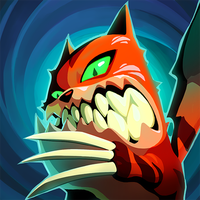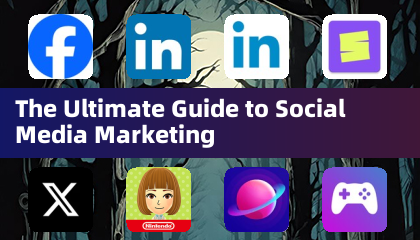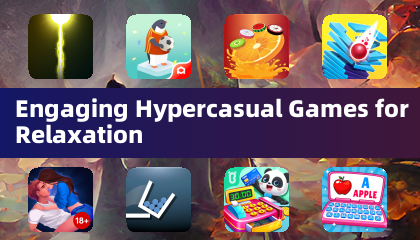Nintendo's stringent stance on emulators is well-documented, with several high-profile legal battles underscoring the company's commitment to protecting its intellectual property. In March 2024, the developers of the Nintendo Switch emulator Yuzu faced a significant legal setback, being ordered to pay $2.4 million in damages following a court settlement with Nintendo. The momentum continued in October 2024, when the development of the Switch emulator Ryujinx was halted after receiving "contact from Nintendo." These actions highlight Nintendo's proactive approach to tackling emulation and piracy. Additionally, in 2023, the developers of Dolphin, an emulator for Gamecube and Wii, were advised by Valve's lawyers against a full Steam release, influenced by Nintendo's legal pressure.
Perhaps the most notable case involved Gary Bowser, a reseller of Team Xecuter products that enabled users to bypass the Nintendo Switch's anti-piracy measures. In 2023, Bowser was charged with fraud and ordered to pay Nintendo $14.5 million, a debt he will be repaying for the rest of his life.
In a revealing discussion at Tokyo eSports Festa 2025, reported by Denfaminicogamer (via VGC), "Intellectual Property Managers" from Capcom, Sega, and Nintendo convened to discuss the legal frameworks safeguarding their intellectual property. Koji Nishiura, a patent attorney and Assistant Manager of Nintendo's Intellectual Property Division, shed light on Nintendo's perspective on emulators. According to a translation by Automaton, Nishiura stated, "To begin with, are emulators illegal or not? This is a point often debated. While you can’t immediately claim that an emulator is illegal in itself, it can become illegal depending on how it’s used."
Nishiura elaborated that emulators could infringe copyright if they copy a game's program or disable a console's security mechanisms. This stance is influenced by Japan's "Unfair Competition Prevention Act" (UCPA), which, although enforceable only within Japan, complicates Nintendo's efforts to pursue legal action globally. An example cited during the talk was the Nintendo DS "R4" card, which facilitated the use of pirated games. After a collective outcry from Nintendo and 50 other software manufacturers, a 2009 ruling deemed the sale of R4 cards a violation of the UCPA, effectively outlawing their sale.
Moreover, Nishiura highlighted that tools enabling the download of pirated software within emulators or other software, termed "reach apps" under Japanese law, also infringe on copyright laws. Examples include the 3DS's "Freeshop" and the Switch's "Tinfoil," both of which have been implicated in facilitating piracy.
In the lawsuit against Yuzu, Nintendo alleged that The Legend of Zelda: Tears of the Kingdom was pirated one million times. The company further claimed that Yuzu's Patreon page generated $30,000 monthly by offering subscribers "daily updates," "early access," and "special unreleased features" for games like Tears of the Kingdom, underscoring the financial incentives driving such emulation efforts.



